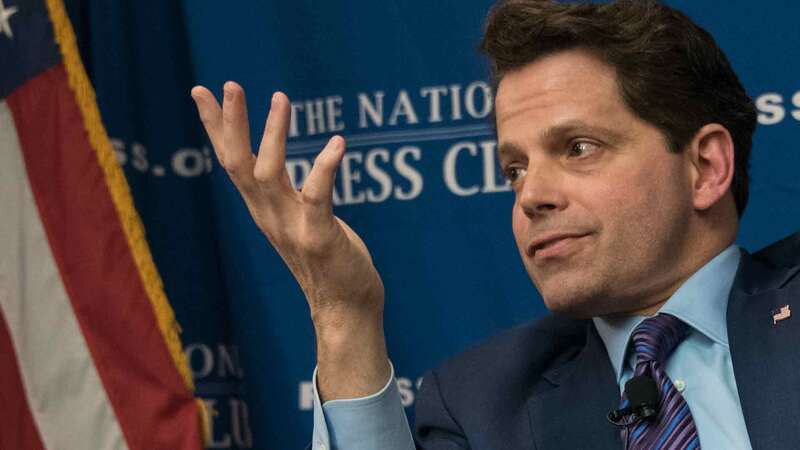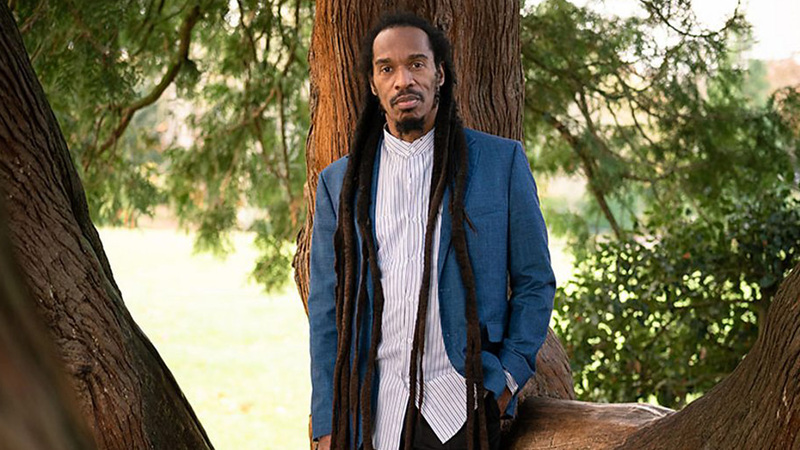Mark Lynas and Fossil Free Books clash on Hay Festival
Environmental writer Mark Lynas has condemned the campaign by Fossil Free Books (FFB) against festival sponsorship from investment company Baillie Gifford, suggesting authors had been pressured into cancelling events at the Hay Festival.
The collective has responded by saying it urges writers to take action in various ways and that it has not targeted Hay in particular, but accepted that “many will share our values without agreeing with our tactics”.
Lynas, the author of Our Final Warning: Six Degrees of Climate Emergency (Fourth Estate) shared his concerns on his personal website in a blog entitled ‘Statement on the Fossil Free Books campaign against the Hay Festival’.
His statement came amid Hay’s suspension of its sponsorship agreement with the investment group Baillie Gifford, citing “intense pressure on artists” and claims raised by FFB. Numerous writers – such as Labour MP Dawn Butler – had pulled out ahead of the event and 800 writers signed a statement from FFB calling on Baillie Gifford to divest from companies involved in Israel and the fossil fuel industry.
The asset management company also sponsors literary events including the Edinburgh International Book Festival (EIBF), Cambridge Literary Festival and The Baillie Gifford Prize for non-fiction.
Lynas suggested that he is one of many to be concerned by FFB’s actions. “As a writer and campaigner who has spent 25 years working on climate change, there is something I feel I need to say about the fossil fuels divestment campaign targeting Hay and other literary festivals,” he wrote.
“I’m saying it – after speaking to lots of writers and festival staff who shall remain nameless – because it seems like no one else can. It would be much easier for me to keep quiet and say nothing too. But that’s precisely the problem.”
He described how artists had been asked to “de-platform themselves” in protest at literary festivals’ sponsorship by Baillie Gifford, “an investment management company with a very small proportion of investments (around 2% according to them) in fossil fuels-related assets”.
He added: “It’s a clever campaign because it immediately puts writers and other performers scheduled to appear at Hay in a dilemma. If they sign the statement as demanded and withdraw from the festival they lose the chance to present their work to an engaged audience at a festival with a high profile and a proud history as the world’s premier books event.
“If they don’t sign, and go ahead with their event regardless, they risk looking like they don’t care about climate change and don’t support the brave activists who are trying to de-legitimise fossil fuels. Hay’s a pretty liberal-lefty event, so no one wants to be seen to refuse to take a moral stance when it is demanded that they do so in public.”
Lynas also criticised the term “escalation” used by FFB ,which he said means “disruption of events, with speakers potentially faced with being shouted down by campaigners wielding banners”.
He added: “As a writer, I support literary festivals on principle, and it is heartbreaking to see Hay pilloried by people who say they care about climate change.”
Jessica Gaitán Johannesson, author and bookseller, shared the following statement on behalf of FFB with The Bookseller: “We read Mark Lynas’ blog post with interest, and we understand that many will share our values without agreeing with our tactics. We welcome debate and discussion over the best way to build a more just world.
“We were, however, troubled by some of the statements made in the blog post, and we are concerned that Mark Lynas does not appear to have read the Fossil Free Books statement. He has not engaged with the research by multiple human rights NGOs regarding Baillie Gifford’s investments, which our statement cites.
“Research by Urgewald, a German environmental and human rights NGO, shows that as of January 2023, Baillie Gifford held assets worth $3.123m (£2.5bn) in fossil fuel companies.
“A report published by a coalition of 24 civil society groups in December 2023 named Baillie Gifford as one of the main European investors in companies listed on a UN database due to ‘human rights concerns’ about their activities in illegal Israeli settlements in the Occupied Palestinian Territories.”
Gaitán Johannesson also cited other research sources about Baillie Gifford’s investments and called attention to “several inaccuracies” in Lynas’ blog.
She said: “Firstly, FFB is a collective of writers, authors and other book workers (booksellers, publishing staff and so on), it is inaccurate to portray us as ‘a climate divestment activist group’ separate from writers and artists.
“Secondly, the FFB statement does not ask authors to ‘deplatform themselves’: Fossil Free Books recommends that authors invited to festivals sponsored by Baillie Gifford to either: use their appearance to take creative action calling on Baillie Gifford to divest or withdraw their labour. Where authors have withdrawn, this has been entirely their choice – often they have not even told anyone involved with FFB.”
She also said that the FFB’s statement refers to authors “disrupting their own events” rather than them being disrupted by campaigners and added that the collective has not “targeted Hay” specifically but rather that “our primary demand is, and has always been, that Baillie Gifford divests”.
On 15th May the EIBF posted a statement on its website confirming it would continue to receive sponsorship from the company: “We believe that Baillie Gifford is part of the solution in transitioning towards a more sustainable world, that we share values, and we are confident that they operate in line with our ethical fundraising policy.”





















